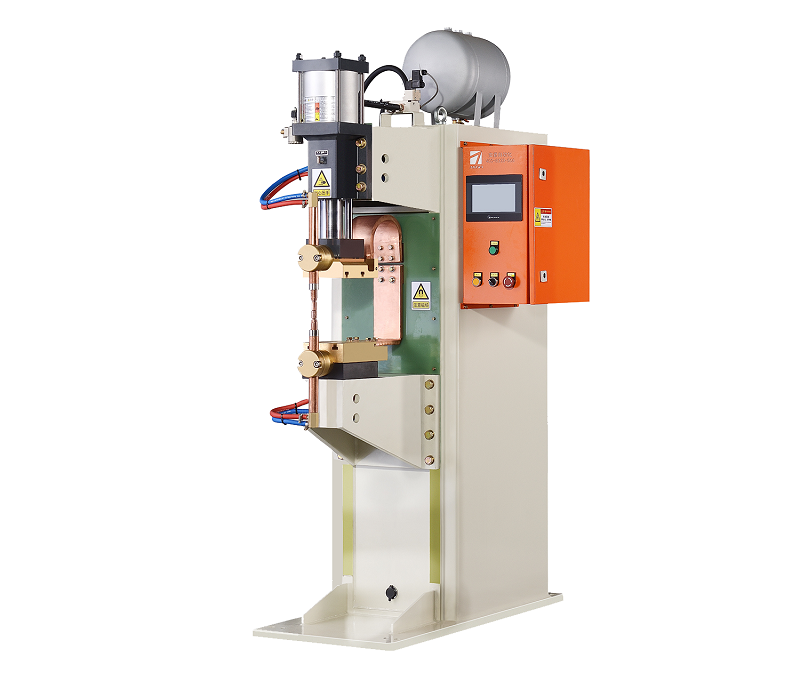Factors Affecting the Efficiency of Medium-Frequency Inverter Spot Welding Machines?
The efficiency of medium-frequency inverter spot welding machines plays a vital role in their overall performance and productivity. Several factors can influence their efficiency, and understanding these factors is crucial for optimizing the welding process. This article explores the key reasons that impact the efficiency of medium-frequency inverter spot welding machines.

- Power Supply: The quality and stability of the power supply directly affect the efficiency of the welding machine. Fluctuations in voltage or current can result in inconsistent welds and reduced efficiency. Ensuring a reliable and well-regulated power supply is essential for maintaining optimal performance.
- Electrode Design and Condition: The design and condition of the electrodes used in spot welding significantly impact the efficiency of the process. Factors such as electrode material, shape, size, and proper maintenance play a critical role. A worn-out or improperly shaped electrode can lead to inefficient current transfer and poor weld quality. Regular inspection and maintenance of the electrodes are necessary to ensure efficient operation.
- Welding Parameters: The selection and adjustment of welding parameters, such as current, time, and pressure, directly influence the efficiency of the welding process. Using inappropriate or inaccurate parameters can result in inefficient energy utilization, excessive heat generation, and suboptimal weld strength. Optimizing the welding parameters based on the material, joint configuration, and desired weld quality is essential for achieving maximum efficiency.
- Cooling System: Efficient heat dissipation is crucial for maintaining the performance and longevity of the welding machine. Inadequate cooling or insufficient airflow can lead to overheating of critical components, such as power semiconductors and transformers, resulting in reduced efficiency and potential equipment failure. Regular inspection and maintenance of the cooling system, including cleaning filters and ensuring proper ventilation, are necessary for optimal operation.
- Maintenance and Calibration: Regular maintenance and calibration of the medium-frequency inverter spot welding machine are vital for sustaining its efficiency. Routine inspections, cleaning, and lubrication of moving parts, as well as calibration of sensors and control systems, help maintain accurate operation and prevent performance degradation over time.
The efficiency of medium-frequency inverter spot welding machines can be influenced by various factors, including the power supply, electrode design and condition, welding parameters, cooling system, and maintenance practices. By addressing these factors and implementing appropriate measures, such as ensuring a stable power supply, optimizing electrode performance, selecting proper welding parameters, maintaining a reliable cooling system, and conducting regular maintenance and calibration, the overall efficiency of the welding process can be significantly improved. This leads to higher productivity, improved weld quality, and reduced downtime, ultimately enhancing the performance of medium-frequency inverter spot welding machines.